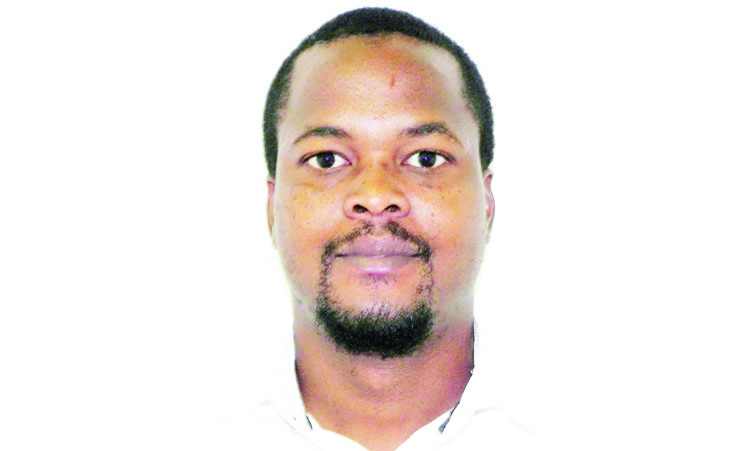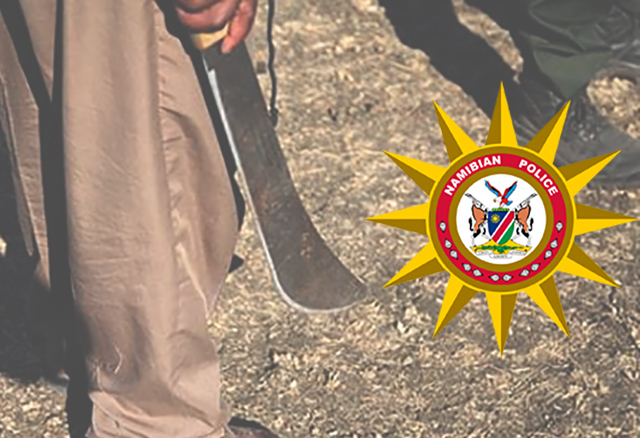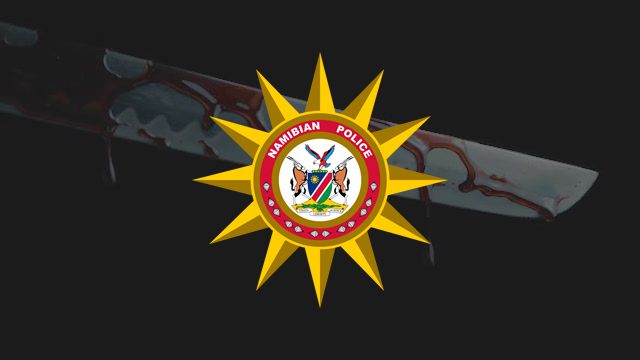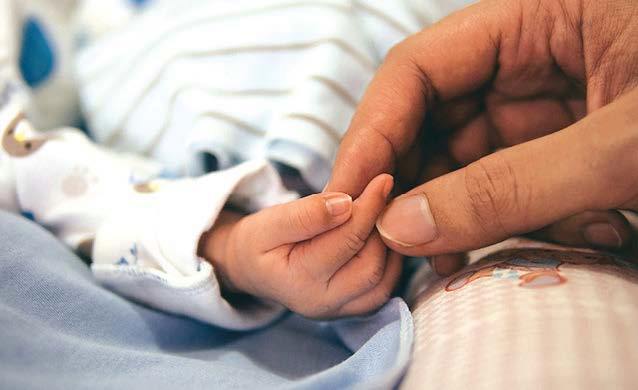When the Presidency issued a press release two weeks ago about president Hage Geingob being diagnosed with “cancerous cells”, it sent shock waves through the nation – among citizens, the media and political commentators alike.
In a country where machismo is still deeply rooted in the culture of what a man ought to be, some sectors of society applauded Geingob for his transparency about his health.
They took it as a reassurance that African men in general and black men in particular are coming to terms with the reality that health should be a priority and that a diagnosis is not something to be hidden or to be ashamed about; rather, it is something that can be treated through appropriate medical care.
According to the World Health Organisation (WHO) Centres for Disease Control and Prevention (CDC): “Compared to members of other races, Black and African American people have higher rates of getting and dying from many kinds of cancer. Black people have the highest death rate for cancer overall and black people have a lower overall five-year cancer survival rate than white people.”
REASONS
Reasons given for the high prevalence of cancer among men of African descent include their different genetic profile and their mutations.
Other schools of thought point to diet and lifestyle choices.
However, where cancer is involved, African values and traditions – especially pertaining to the concept of “masculinity and “what it means to be a man” – also come to the fore.
Dr Elizabeth Kamati, a private medical practitioner in northern Namibia, says cancer, or the prevalence of cancer among Aawambo men, is relatively new but that it does not mean it was not always there.
“I can speak with authority when I say that cancer was regarded as a white people’s disease and in the Aawambo culture it was regarded (and in some instances still regarded) as taboo, and I believe with the president’s announcement of his ailment he is sending a message that cancer is not a death sentence and it can be treated if detected early.”
Kamati added that “access to healthcare among indigenous black communities may be a factor when considering the ‘theory’ that cancer is a new disease or cancer is historically a white disease”.
“You see, as people of colour, some of us, even the educated among us, do not go for annual check-ups. Some people only go to hospitals when they fall ill. This is not advisable.
“Even if one looks at diseases like cancer, early detection plays a very big role in the possible success of treatment. The earlier the cancer can be detected, the better the chances of successful treatment,” Kamati explained.
BREAKING IT DOWN
According to the WHO’s Global Cancer Observatory Directory, within Namibia’s estimated population of 2 540 916, there were 3 345 new cases of diagnosed cancer in 2020.
Of these cases, 1 441 were of men and 1 904 were of women.
Among males, prostrate (23,8%), kaposi sarcoma (12,6%) and colorectal (5,1%) were the most common.
Among females, breast (29,3%), cervical (19,7%) and kaposi sarcoma (4,7%) were the most common.
January is Cervical Cancer Awareness Month.
On 4 February, the world will observe World Cancer Day under the theme: ‘Close the Care Gap’, which focuses on reducing inequalities in cancer prevention, diagnosis, treatment and care.
The latest figures (2020) place cancer deaths in Namibia at 1 876.
AWARENESS
No cancer is 100% preventable. However, controlling certain risk factors such as tobacco and alcohol intake, physical activity and eating healthily can minimise the risk of an individual getting cancer.
The WHO notes that “cancer is the second leading cause of death globally, accounting for an estimated 9,6 million deaths or 1 in 6 deaths in 2018…. And as the cancer burden continues to grow, it exerts physical, emotional and financial strain on individuals”.
President Geingob’s press release on being diagnosed with “cancerous cells” allows Namibians to be aware of cancer at a family, social, community and national level, and to educate one another on the importance of making health a priority in our personal and family’s lives.
- Vitalio Angula is a socio-political commentator and independent columnist.
Stay informed with The Namibian – your source for credible journalism. Get in-depth reporting and opinions for
only N$85 a month. Invest in journalism, invest in democracy –
Subscribe Now!








